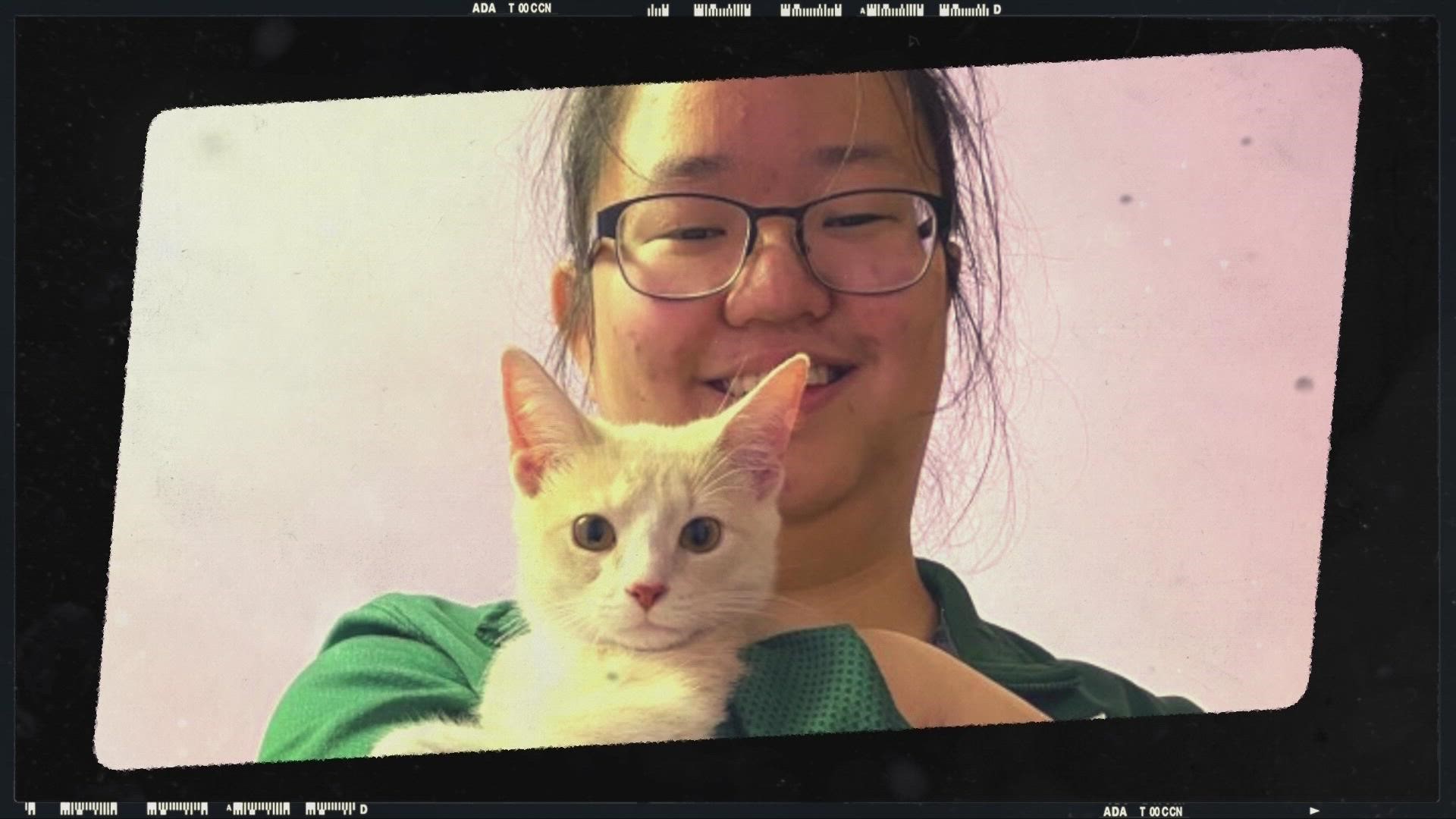CLEVELAND, Ohio — An estimated 6.5 million Americans live under the umbrella of neurodiversity, meaning they experience and interact with the world around them in many different ways.
Starting June 15, a virtual conference will highlight the way neurodiversity is gaining greater understanding within schools, offices, and social groups, and it's in large part due to people who are speaking up and speaking out about how inclusivity should work, people like Grace Blatt.
The 26-year-old holds a bachelor's in psychology and a neuroscience minor from Cleveland State University. She's just beginning a graduate degree, too, but there's a lot more to know about Grace, and she'd like to talk about it.
"I have autism," she says, "and so I appreciate the differences and the neurodiverse differences that people have."
That appreciation didn't come easily. Grace tells us she excelled academically, but when it came to communicating and interacting with others, she struggled.
"A lot of the times, people would misunderstand me or misunderstand why I behaved certain ways," she explained. "Even when I had a high IQ and I could do academically well, they would always question, 'Why are you able to get summa cum laude'—which is high honors in college or high school—'but you are unable to keep your focus or you're unable to make friends, or you don't say appropriate things at the appropriate times?'"
Neurodiversity is the idea that people experience and interact with the world around them in many different ways due to variations in the brain and in cognition. It includes, but is not limited to, those with autism, ADHD, dyslexia, and dyspraxia.
Grace is part of the growing chorus of voices speaking out, advocating for neurodiversity awareness and understanding—a mission supported by her role as a Good Life Ambassador with the Cuyahoga County Board of Developmental Disabilities.
"In my role, I have been able to educate and promote disability awareness, acceptance, appreciation, inclusion through trainings, educational settings, and just sharing my story," she said.
"We're living in a very, very unique and interesting time for what it means to be an autistic person," Eric Garcia, a senior Washington correspondent for The Independent, concurred.
Early in his career, the California Garcia native focused largely on politics and economics. He is also autistic, and during his coverage of the nation's capital, he realized the need for greater understanding within the halls of Congress.
"My feelings were, 'Well, if we have bad ideas about autism, then we probably have really bad policies about autism,'" he shared. "That was what really kind of led me to start writing and reporting about autism."
Garcia authored the book "We're not broken: Changing the autism conversation". Rather than prioritizing trying to "fix" autistic people, the book asks, "What can we do to make their lives better?"
Garcia will be a keynote speaker at this week's Milestones National Autism Conference, advocating for all the different people who make up our neurodiverse community. It is not just white males, but women, persons of color, and the LGBTQ community. Strong voices can come from verbal and non-verbal persons, as well.
Grace hopes for changes in education, workplaces, and beyond. Integrating neurodiverse persons is no longer enough; inclusion is really the ultimate goal.
"There's a saying that we use at the Cuyahoga County Board of Developmental Disabilities and say," she told us. "'Invite the person not just to the dance, but invite the person to dance.'"
More from Monica Robins:

